A Comprehensive Guide to Crafting the Perfect Sichuan Fritillary Bulb, Lemon, and Rock Sugar Stew: Benefits, Ingredients, and Step-by-Step Preparation*
In the realm of traditional Chinese home remedies, few concoctions rival the soothing elegance of Sichuan fritillary bulb, lemon, and rock sugar stew. This golden-hued elixir, steeped in centuries of culinary and medicinal wisdom, is revered for its ability to nourish the respiratory system, soothe sore throats, and balance the body’s internal harmony. Often consumed during seasonal transitions or times of mild discomfort, this stew blends the earthy bitterness of Sichuan fritillary bulb (Fritillaria cirrhosa*), the tangy zest of lemons, and the sweet moderation of rock sugar into a harmonious symphony of flavors and health benefits. Whether you seek a natural remedy for coughs, a hydrating beverage, or simply a comforting winter treat, this guide will walk you through the art of crafting this timeless recipe with precision and care.
The Health Benefits of Each Ingredient
Before diving into the preparation process, it is essential to understand the therapeutic properties of each component:
-
Sichuan Fritillary Bulb (Chuan Bei Mu):
Derived from the Fritillaria cirrhosa plant, this bulbous herb is a cornerstone of traditional Chinese medicine (TCM). Renowned for its ability to dissolve phlegm, alleviate coughs, and reduce inflammation, it is often prescribed for respiratory ailments such as bronchitis, asthma, and dry throats. Modern studies suggest its bioactive compounds, including alkaloids and steroidal saponins, may also possess antibacterial and anti-inflammatory effects. -
Lemon:
Bursting with vitamin C, citric acid, and antioxidants, lemons add a bright acidity to the stew while bolstering immune function. Their natural astringency helps clear mucus from the throat, making them a perfect complement to the fritillary bulb’s mucolytic properties.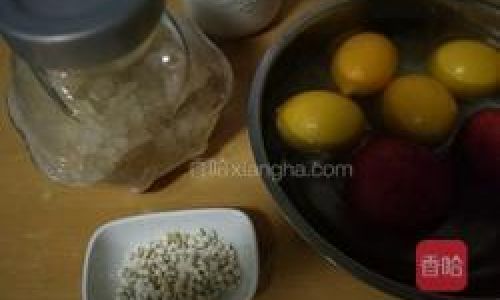
-
Rock Sugar (Bing Tang):
Unlike refined sugar, rock sugar is minimally processed, retaining traces of minerals like calcium and potassium. Its mild sweetness balances the bitterness of the fritillary bulb and the tartness of lemons, creating a palatable brew that is gentle on the stomach.
Ingredients and Tools Required
To prepare this stew, gather the following:
- 20 grams of dried Sichuan fritillary bulb (available at TCM pharmacies or online herbal stores)
- 4 large lemons (preferably organic, to avoid pesticide residue)
- 300 grams of rock sugar (adjust to taste)
- 5 liters of purified water
- A ceramic or glass stewing pot (avoid metal pots, as they may react with the ingredients)
- A sharp knife and cutting board
- A sterilized glass jar with an airtight lid (for storage)
Step-by-Step Preparation Guide
Preparing the Sichuan Fritillary Bulb:
- Gently crush the dried fritillary bulbs using a mortar and pestle or the back of a spoon. Avoid over-processing, as the goal is to break them into small, uneven pieces rather than a fine powder. This step releases the bulb’s medicinal compounds while preserving its texture.
Cleaning and Slicing the Lemons:
- Rinse the lemons under cold water, scrubbing the skin lightly to remove wax or dirt. Pat them dry with a clean towel.
- Slice the lemons into thin rounds (approximately 3mm thick), discarding the ends. Remove any seeds to prevent bitterness. For an enhanced flavor profile, retain the lemon zest—it imparts a fragrant citrus aroma during steaming.
Layering the Ingredients:
- In the stewing pot, create alternating layers of lemon slices, crushed fritillary bulb, and rock sugar. Begin with a layer of lemons at the bottom, followed by a sprinkle of fritillary bulb pieces and a handful of rock sugar. Repeat until all ingredients are used, ending with a generous layer of rock sugar on top. This layering technique ensures even infusion of flavors.
Adding Water and Initial Simmering:
- Pour the purified water into the pot, ensuring the ingredients are submerged but not overly diluted. Bring the mixture to a gentle simmer over low heat. Avoid boiling vigorously, as high temperatures may destroy the delicate nutrients in the lemons and fritillary bulb.
Steaming Process:
- Once simmering, reduce the heat to its lowest setting and cover the pot. Allow the stew to steam for 8–10 hours. This slow-cooking method is critical for extracting the medicinal properties of the fritillary bulb and melding the flavors into a cohesive elixir. For busy individuals, a slow cooker set to the “low” setting may be used as an alternative.
Post-Stewing Adjustments:
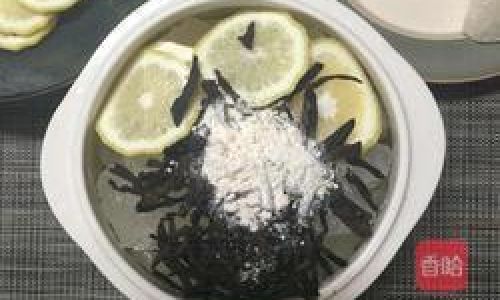
- After steaming, remove the pot from heat and let it cool to room temperature. The stew will have thickened slightly, with the lemons softening into translucent discs. Taste the mixture and adjust sweetness by adding more rock sugar if desired.
Storage and Shelf Life:
- Transfer the stew to a sterilized glass jar, ensuring no ingredients are exposed to air. Seal the jar tightly and refrigerate. Properly stored, the stew can last up to three months, though it is best consumed within one month for optimal freshness.
Serving Suggestions and Variations
- Daily Consumption: For therapeutic purposes, consume 2–3 tablespoons of the stew daily, diluted in warm water. This dosage is suitable for adults; reduce by half for children.
- Iced Lemonade Variation: During summer, mix a few tablespoons of the stew with cold water and ice for a refreshing, health-boosting beverage.
- Herbal Infusions: Enhance the stew’s medicinal profile by adding a thumb-sized piece of fresh ginger or a pinch of dried chrysanthemum flowers during steaming.
The Science Behind the Stew
The efficacy of this recipe lies in the synergy between its ingredients. Sichuan fritillary bulb contains peimine and peiminine, alkaloids that suppress cough reflexes and reduce sputum viscosity. Lemons provide vitamin C and citric acid, which enhance iron absorption and support immune cells. Rock sugar acts as a natural preservative and humectant, keeping the throat moist during consumption.
Steaming, rather than boiling, preserves heat-sensitive nutrients while allowing the lemons’ essential oils to permeate the liquid. The extended cooking time ensures the fritillary bulb’s bitter principles are sufficiently extracted without becoming overpowering.
Safety Precautions and Considerations
- Consult a TCM Practitioner: While generally safe, individuals with chronic respiratory conditions or those taking medications should seek professional advice before regular consumption.
- Pregnancy and Allergies: Avoid this stew during pregnancy, as fritillary bulb may have uterine-stimulating effects. Those allergic to lilies (to which fritillary bulbs are related) should exercise caution.
- Diabetes Management: Rock sugar, though natural, is still a concentrated sweetener. Diabetics should monitor their intake or substitute with a low-glycemic alternative like monk fruit.
Cultural Significance
In Chinese households, the act of preparing this stew transcends mere cooking—it is a ritual of care. Grandmothers often pass down jars of the amber liquid to family members as seasonal gifts, embodying the TCM philosophy of “treating illness before it arises” (yù bìng yù fáng). The stew’s enduring popularity reflects a deeper cultural trust in nature’s ability to heal when harnessed through time-tested methods.
Conclusion
Sichuan fritillary bulb, lemon, and rock sugar stew is more than a remedy—it is a testament to the art of balancing flavor and function. By adhering to traditional preparation techniques and understanding the science behind each ingredient, you can create a potion that nourishes both body and soul. Whether sipped to soothe a winter chill or savored as a daily wellness tonic, this elixir invites you to embrace the wisdom of ancient healing traditions in a modern context. So, gather your ingredients, set aside a day for slow cooking, and let the golden hues of this stew become a staple in your home’s apothecary. Your throat—and your ancestors—will thank you.
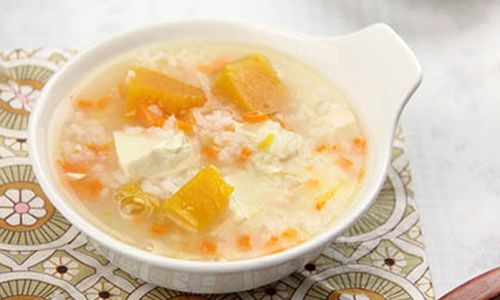


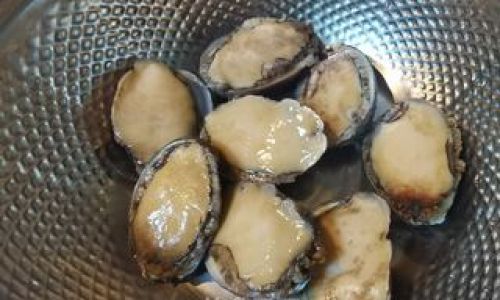
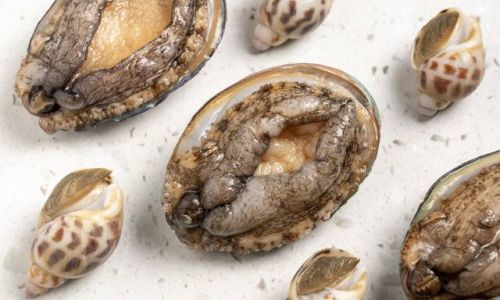
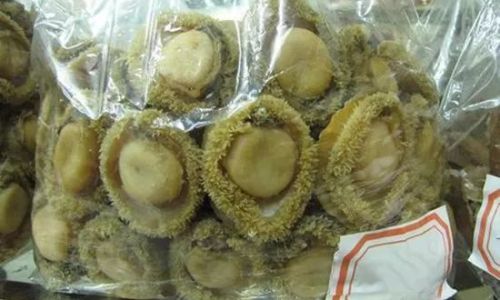
0 comments